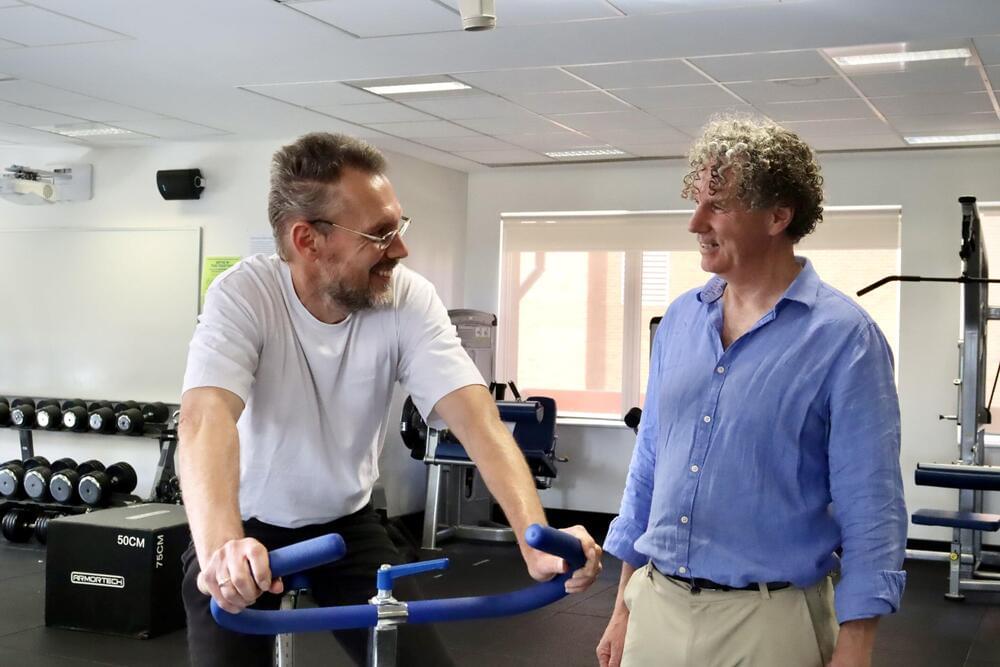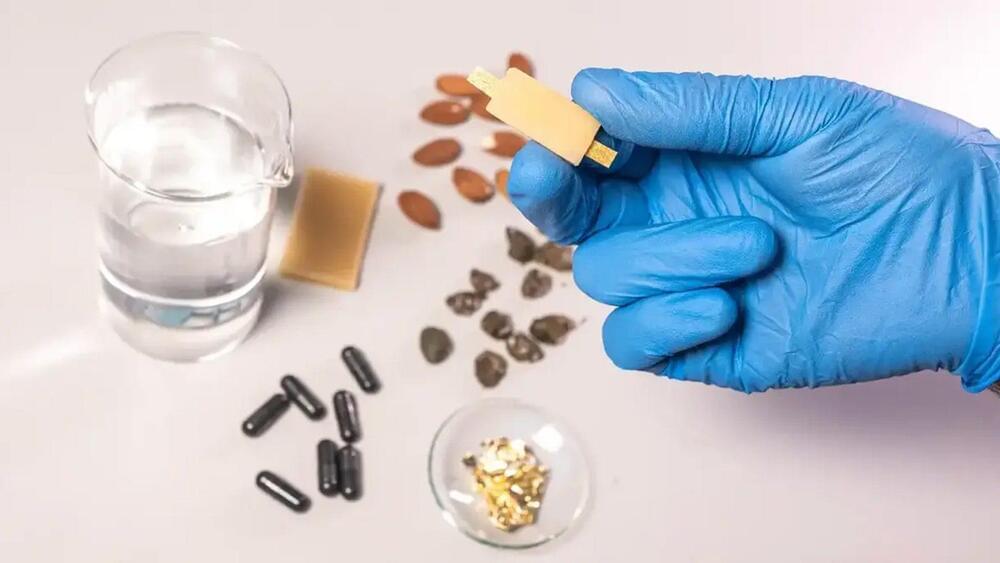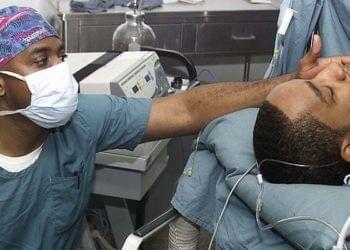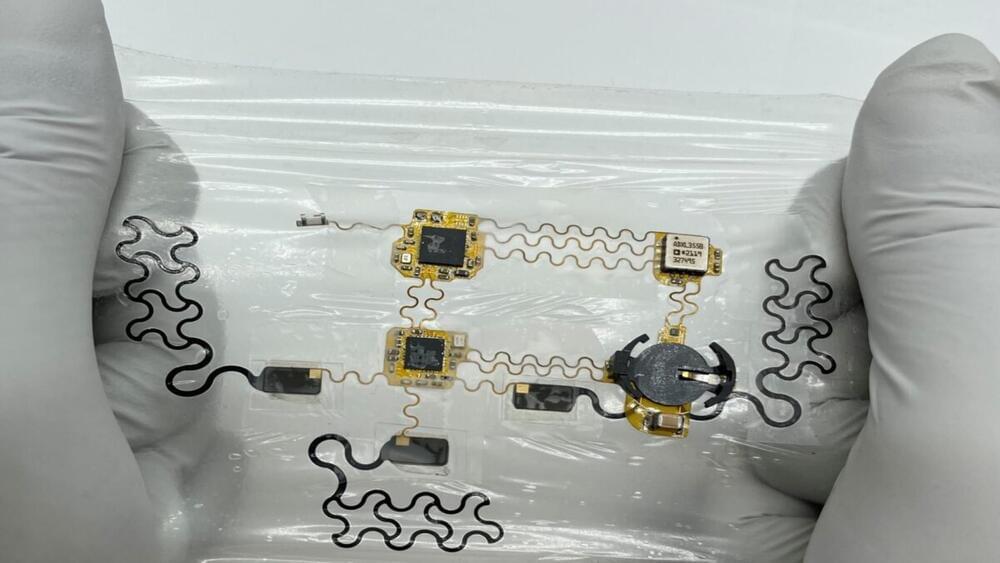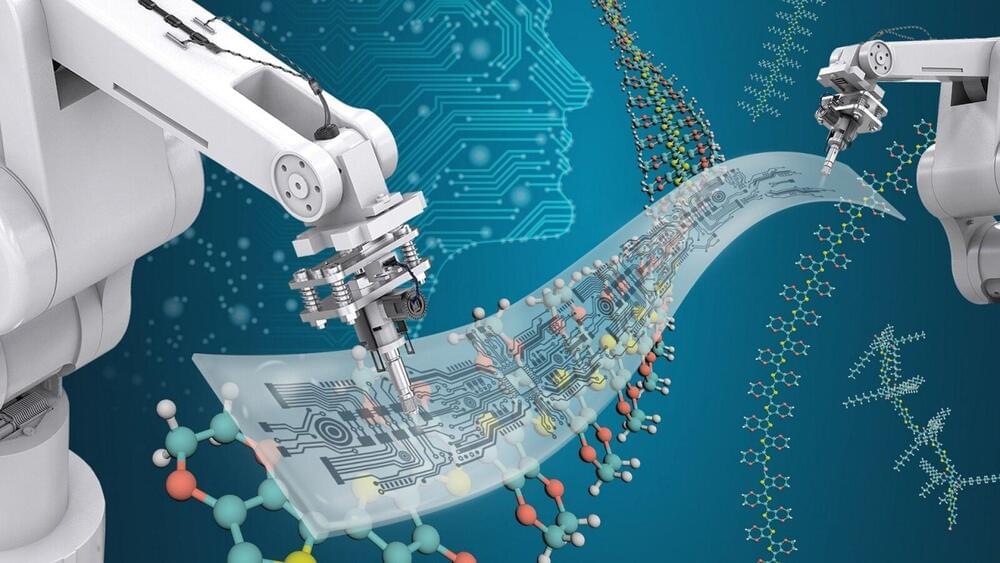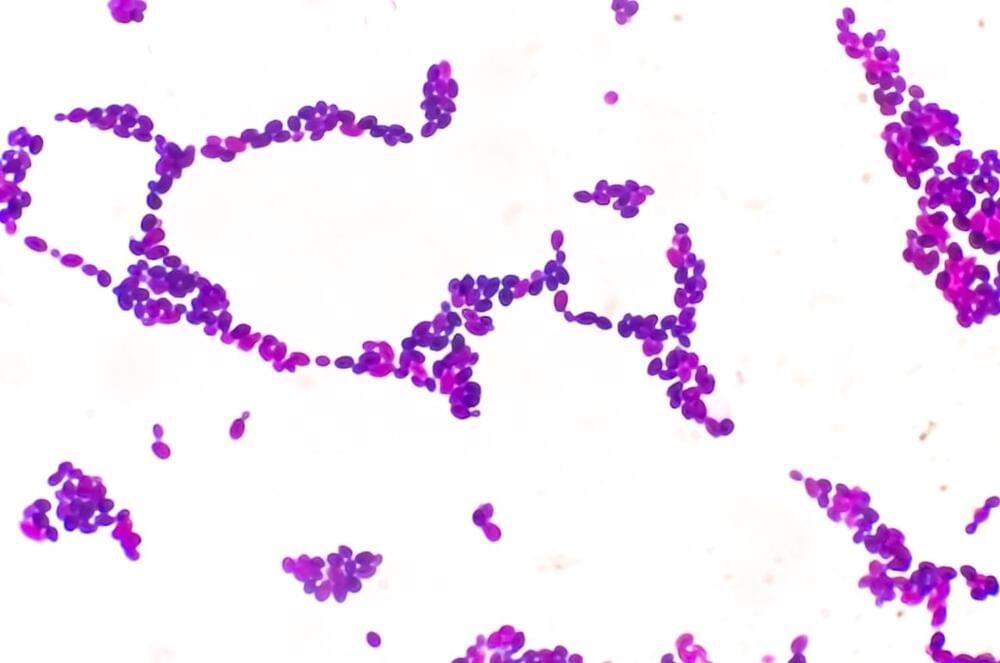May 3, 2023
Study offers fresh hope for people living with chronic back pain
Posted by Shubham Ghosh Roy in categories: biotech/medical, health
Long-term sufferers of chronic back pain experienced dramatic reductions in pain and related disability that remained at their one-year follow-up after taking part in a new treatment tested by Curtin-Macquarie-Monash University research.
Published today in the journal The Lancet, the research found large clinically significant improvements in the intensity of pain and pain-related disability among almost 500 people who had been seeking help for their pain for an average of four years before trialing the new treatment.
The treatment, which delivered a health care and work productivity saving of more than $5,000 per person, took a whole-person approach by also helping people to make lifestyle changes aimed at improving their social and emotional health.
